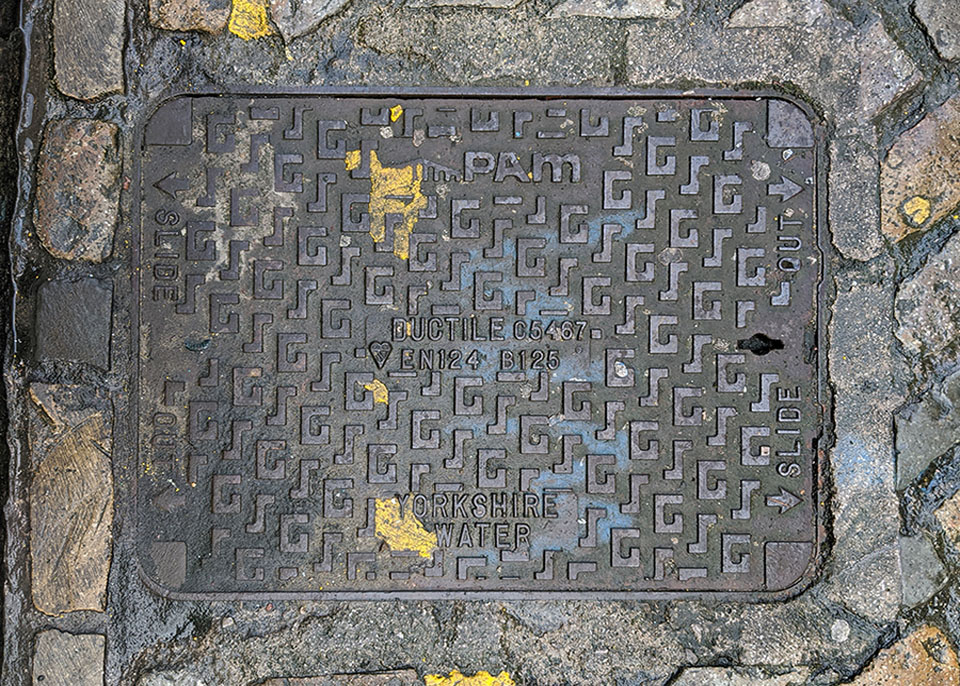Who can help?
Flooding can take time to drain away after the rain has stopped.
Responsibility for flooding depends on the kind of flood.
River flooding

The Environment Agency is responsible for river flooding and will be able to help you if you're at risk.
Road flooding

Your local council is responsible for problems with highways gullies. These are the ones that are found by the side of the road. If you notice a blocked gully, give your local council a ring to let them know.
Manhole flooding

Manholes are the ones found in roads, footpaths or gardens and have a solid cover. We're responsible for manholes, so if you spot a problem with one, please get in touch.
Groundwater

It's your responsibility to sort out groundwater problems on your property.
If you're affected by groundwater issues, you might want to look into installing a sump pump.
Find out more about groundwater
Blocked drains and sewage leaks
If it's a sewage flood, read our information on blocked drains to find out who's responsible and how to get the problem sorted.

Protect your home
Find out if you're at risk of flooding and what to do if you are.

What you need to do
If you live in a rented property, you should contact your landlord and tell them about the problem.
If you own the property, contact your insurance company. They will be able to give you help and advice about making a claim. If you don’t notify your insurance company, it could affect any future insurance claim.
Always stay safe
- Where possible do not walk through flood waters.
- Flood waters can contain dilute sewage. There could also be other risks such as syringes.
- Manhole covers may have been displaced in flooded areas which you could fall down causing a risk of injury and drowning. Be very careful as you might not be able to see them in flooded areas.
- Don't attempt to unblock sewers yourself. You'll be putting yourself at risk and you might make things worse. Please wait and allow a trained technician, who possess the correct equipment, to deal with the problem.
What we’re doing to prevent future flooding
We're continuing to invest in our pipes and network to reduce the flood risk.
Due to the complex nature of flooding (for example interaction between highway drainage, sewers and rivers), multiple agencies are often responsible for managing flood risk. We are working in partnership with other agencies to tackle flood risk more effectively.
We're also working with our customers across the region to help reduce the number of blockages on the sewer network which can often be a cause of flooding.
do your bit
Bin it. Don't block it!
Together we can reduce flood risk by keeping our sewers blockage free. Sewers can become blocked when the wrong things go down the drains. The worst offenders are wipes being flushed down the toilet and cooking fat being poured down the sink.
Follow our blockages advice to help our sewers flowing!


